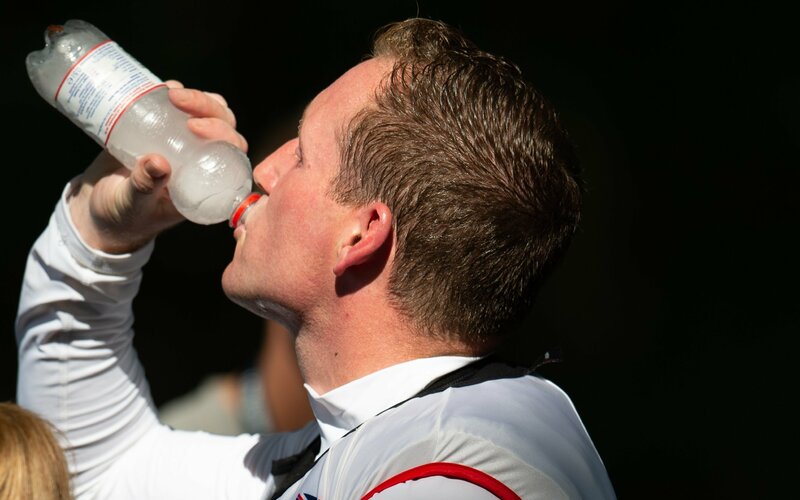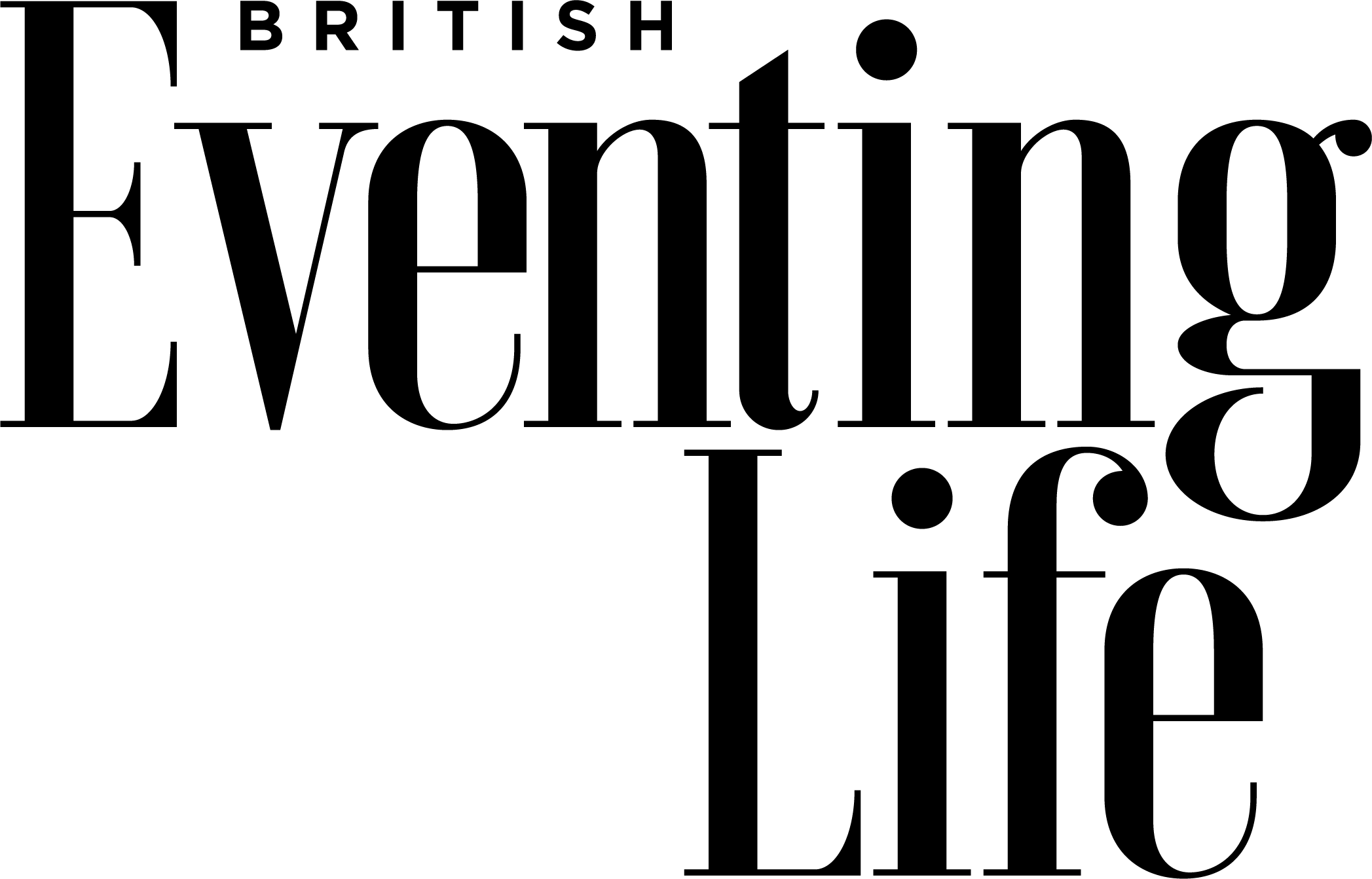
Fuelling the event rider
All event riders will agree that that their horse’s nutrition is of the highest priority to ensure their wellbeing and maximise performance. We do everything we can to guarantee that they are getting the correct nutrients specifically tailored to their individual needs, workload, weight, breed, age, competition plans, and so on.
However, many riders will also agree that the same exacting standards are probably not applied to their own nutrition, so what should we be eating to maximize our own performance? Dr Dan Martin shares his knowledge.
However, many riders will also agree that the same exacting standards are probably not applied to their own nutrition, so what should we be eating to maximize our own performance? Dr Dan Martin shares his knowledge.
The Physics of Eventing
There are three disciplines within eventing. For dressage, imagine the positions we ask human gymnasts to put themselves in. Then put a weighted vest on them, and ask them to hold those positions – could they do it? The control and stability elements of dressage have a lot in common with gymnastics, and rider weight plays a role in effectiveness there.
When looking at the jumping phases, which in ‘geek world’ is an anti-gravitational sport – and in simple physics, 'the more something weighs, the more energy is needed to get it over an obstacle'. If a rider is an optimal weight, that helps the horse to get over fences.
For the cross country, it is useful to know that within the racing world it is a general rule of thumb that one pound of weight more than should be being carried equals, over a mile, to one horse’s length. Take a five star cross country course, such as Badminton, over more than four miles, and a rider who is 10lb heavier than is optimal has the potential to be 40 lengths down, and that equates to time faults.
Dan says that “optimal weight” offers the most “bang for your buck” in terms of gaining a competitive edge: “If the pounds are there to lose, there are big gains to be made in performance.”
Optimal Event Rider Nutrition
Dan breaks optimal nutrition down into five things:
- Not drinking your calories. Skip the sugar in your tea or coffee and avoid drinking energy drinks such as Red Bull or Lucozade.
- Eating more protein. We don’t store protein in the body in the same way that we store carbohydrates and fat, and the body burns more calories when it is digesting protein.
- Being carb smart. Make sure you eat them at the right time of day, they are immediate fuel, so eat them when you are busy.
- Fats. Stay away from saturated fats and fried foods, and eat things like oily fish, and cook using olive oil.
- Plant-based foods. We all need to eat more fruit and vegetables but cutting out an entire food group is not great. Remember, the darker the colour, the richer in vitamins and minerals, hence why things like red peppers and blueberries are more nutritious than pale foods such as potatoes, which are beige.
What to Eat on Competition Day
What about on the day of a competition? Inevitably, regular and healthy habits tend to go out of the window.
Eating on the day of an event is a very individual thing. The textbook says that your last main meal should be three hours before you start exerting yourself, and then a snack 30 to 45 minutes before. But not everyone has the stomach for that.
Dan’s advice; “I’m less picky about what the food is on a competition day, as long as you are getting energy from it. If sweets work for you, I’d rather you eat them than nothing at all, but energy foods such as malt loaf or bagels would be better.”
For those of us who really struggle to eat before a competition, he suggests eating a carbohydrate-rich supper the night before, so that there is energy stored in your muscles for the following morning.
The idea is that on the night before and the morning of the event, you are fuelling for performance.
Little and often is the best strategy on competition day, especially for riders of multiple horses and particularly between each cross country round.
Post Competition Refuelling and Rehydrating
What you should eat in the evening after a day competing depends on what you have consumed during the day. If that isn’t much, then a high-protein, high-carbohydrate meal is a good idea. If you are able to eat regularly during the day, don’t overindulge.
And don’t forget to rehydrate, particularly on warm days.
Weigh yourself before and after the event, you need to replace by 150 per cent and one kilogram equals one litre. So if you have lost two kilograms, you need to replace three litres of fluid.
Recipes for Event Riders
Breakfast: cashew milk Moma Seeded Porridge topped with chopped berries, banana and honey
- 1 packet of Moma Seeded Porridge
- 250ml cashew milk (or your preferred milk – I find cashew milk makes it taste creamier!)
- One medium banana, sliced
- Four or five strawberries, chopped
- Handful of blueberries, raspberries, blackberries
- Drizzle of light honey

In the lorry: something you can snack on, whether you are a driver or passenger
- High-protein yoghurt – Fage, Skyr, Liberte, Arla 20 (the squeezable pouch is perfect if you’re the driver)
- Wyldsson nuts (check out their website, they have a range of flavored nuts and trail mixes – my fave is dark chocolate and banana)

Lunch: turkey, rocket and cranberry bagel (wrap in tin foil, have half between events)
- White or seeded bagel
- Deli counter turkey breast (three good slices)
- Chunky cranberry sauce
- Rocket leaf

Snacks:
- Soreen Malt Loaf (lunchbox loaves are ideally sized)
- Get Buzzing Flap Jack (check out their website, they have a range of flavours)
- Fibre One 90kcal brownies
- BabyBell Light

Dr Dan Martin is a nutritionist on the British Equestrian Federation (BEF)’s Human Sport Science and Medicine team. He is in his fifth year as a full-time research scientist at Liverpool John Moores University and has worked within racing for the past seven years.
First published in Jan/Feb 2020 issue of British Eventing Life, original words by Catherine Austen
